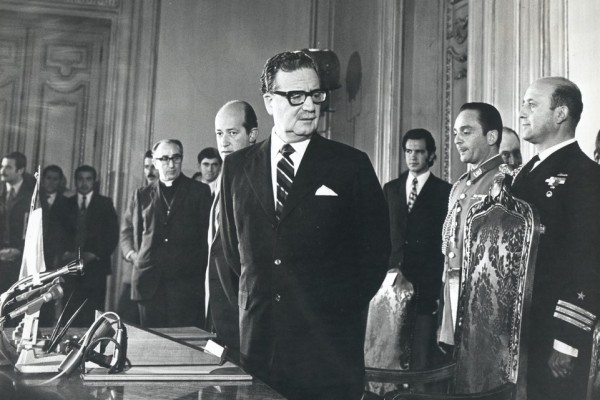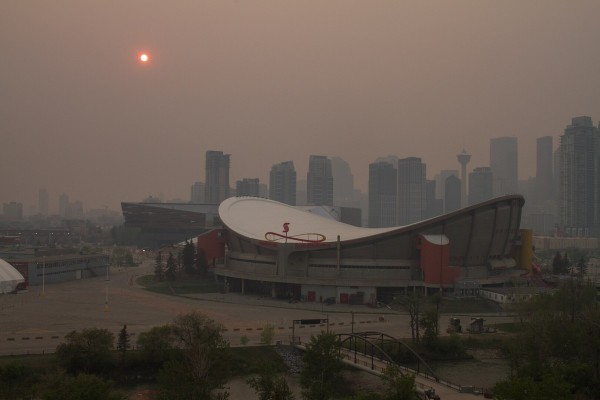-

On not teaching Palestine
How do you tell a student who earnestly feels that they are in danger that you think their fears are unfounded or exaggerated? That was the question that came to me in the classroom, and the one that animated this essay. Maybe it’s unnecessary. A group chat of fellow adjuncts and late-term PhDs who share my politics have advised me to keep my head down.
-

How is the Canadian labour movement responding to Israel’s attacks on Gaza?
Since Israel began its brutal siege of the Gaza Strip, Canada’s labour unions have come out in vocal support of the Palestinians. Ranging from calls for an immediate ceasefire, to opposition to Canadian arms sales to Israel, and statements opposing violence “on both sides,” unions have increasingly lined up to call out Israel’s genocidal attacks on Gaza and the West Bank.
-

As politicians enable genocide, Canadians protest
Over the past three weeks since it launched its brutal military bombardment of Gaza, Israel has killed more than 8,000 Palestinians and injured 20,000 more. While our government and political establishment continue to enable Israel’s extreme right-wing government, more and more Canadians are saying no to genocide.
-
_600_400_90_s_c1.jpeg)
Banning Palestine support rallies. Could it happen in Canada?
In the wake of the recent events in Israel-Palestine, conservative and even centrist politicians all over the West have denounced rallies organized in support of the Palestinians and many have suggested prohibiting them and some have done so. Does the political will exist to support relevant governments banning pro-Palestinian gatherings?
-

Can Allende make it?
Cuba had been exciting, romantic, adventurous. The Chile of Allende appeared dull, tranquil, orderly. And for these very reasons, Chilean socialism was more dangerous. More dangerous in part because, if Chile could find a path to socialism without widespread violence ending in dictatorship, its example would effect a tremendous appeal throughout the world.
-

Ecuador just showed the world what it means to take climate change seriously
Ecuador just showed the world what it means to take climate change, biodiversity loss, and Indigenous sovereignty seriously, all with one national referendum. Canada is a rich country and one of the nations most responsible for climate change. It is long past time we catch up to reality and end our mad rush to burn the planet to the ground.
-

What have unions done for us? What could they do?
Unions have given us the weekend. They have fought for the eight-hour day. They have agitated for improved health and safety laws. They have eradicated child labour. They have managed to get us paid holidays and six paid public holidays each year. Here in Nova Scotia, unions have given 25 percent of workers a voice in what is going on in their workplaces.
-

Kagarlitsky: Letter from prison
Boris Kagarlitsky, an internationally renowned scholar and political activist, was arrested on July 25 by the Russian FSB. Despite his lifelong anti-terrorism stance, he is accused of “justifying terrorism” based on a blog post about the Russia-Ukraine war. He is being held until September 24 and may face a seven-year prison term upon trial.
-

The changing climate of class struggle
To an ever greater degree and in ways we can’t yet fully appreciate, the unfolding climate disaster is transforming the class struggle and posing massive challenges in the process. In our unions and communities, we need to take stock of these developments, set new goals and develop strategies that reflect the harsh reality that we are now in a struggle for survival.
-

The climate emergency is a crisis of capitalism
I sincerely hope that campaigners are able to make these wildfires into the “critical juncture” we’re all waiting for. But doing so will require taking an approach that makes one thing clear: human social structures exist within complex ecological systems. We can’t solve systemic problems in silos, or with a reductive focus on individual facets of the much bigger, more fearsome, beast.



